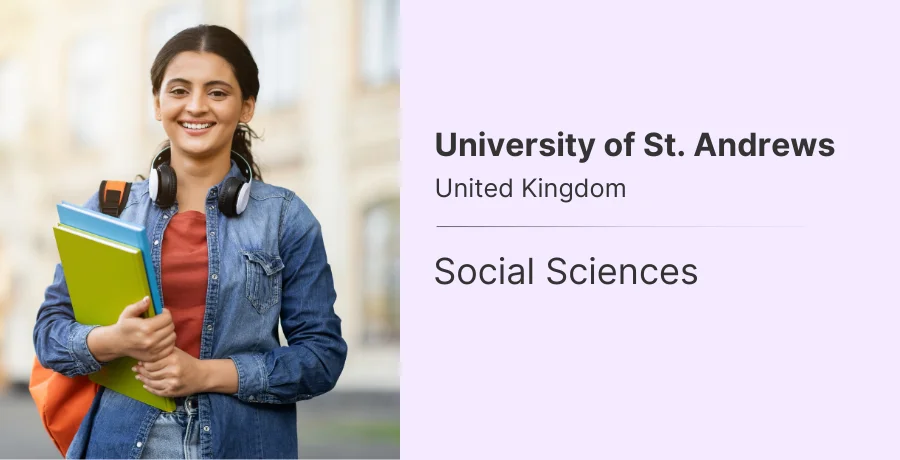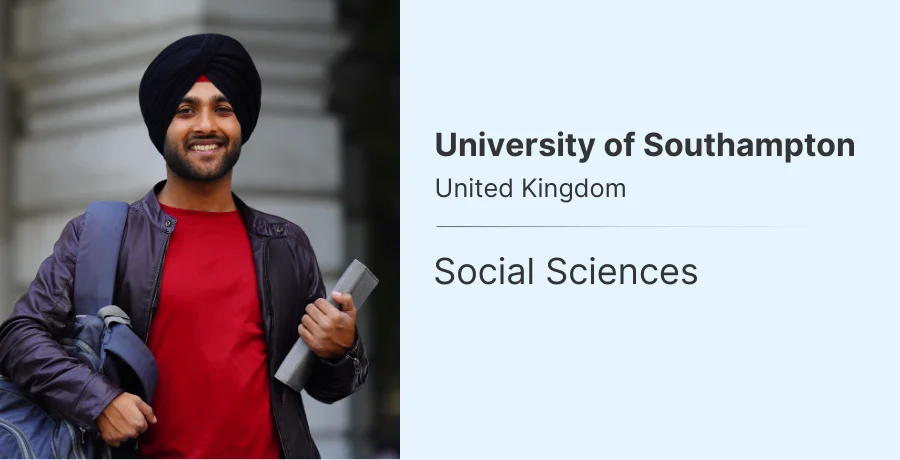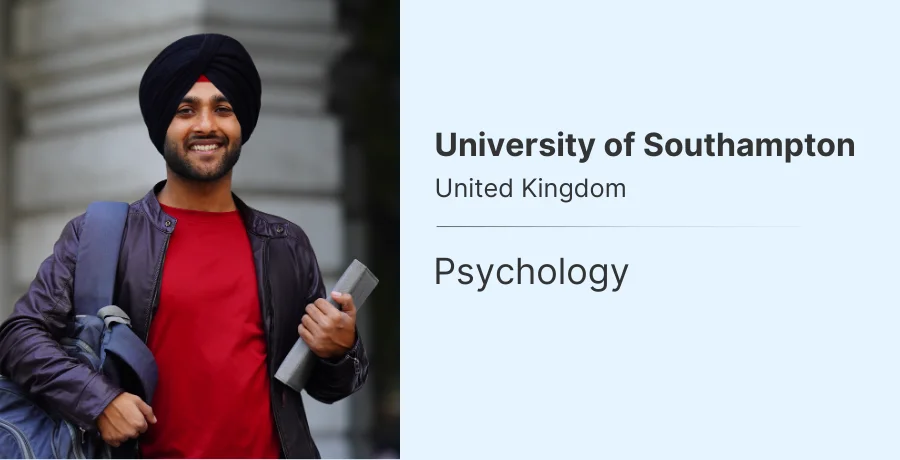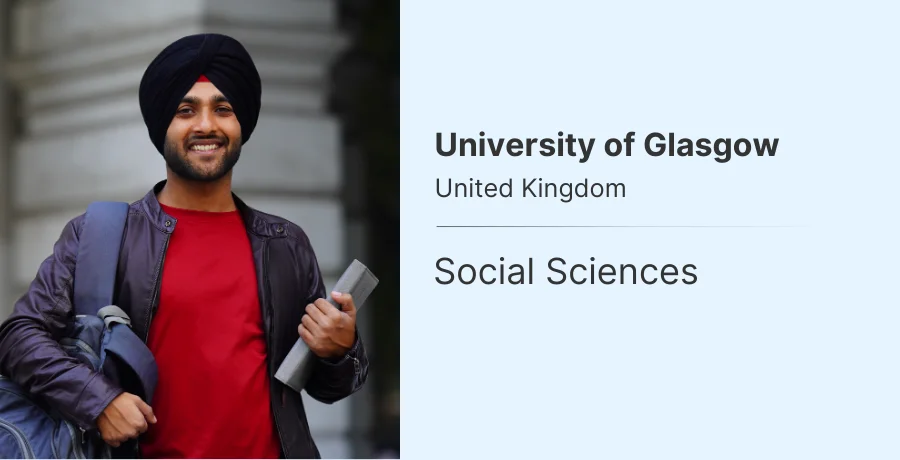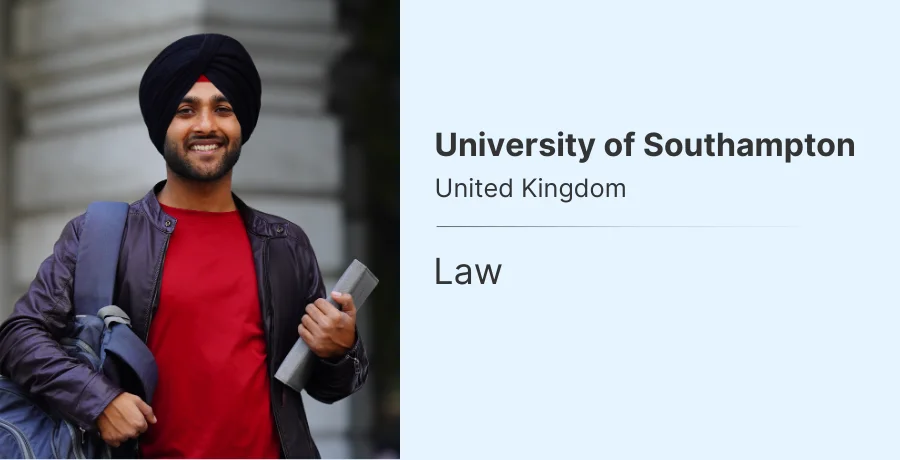Economics at The University of Manchester UK
Table of Contents
- Economics at The University of Manchester UK – Highlights
- Why Study Economics at The University of Manchester UK?
- The University of Manchester Economics Rankings
- The University of Manchester Economics Acceptance Rate
- Popular Economics Courses at The University of Manchester UK
- Admission Requirements to Economics at The University of Manchester UK
- Cost of Economics at The University of Manchester UK for Indian Students
- Scholarships at The University of Manchester UK
- Job Prospects for Economics at UK
- FAQs – Economics at The University of Manchester UK
Economics at The University of Manchester UK – Highlights
The University of Manchester, situated in the heart of a bustling city, offers a dynamic and comprehensive Economics program. This course blends theoretical knowledge with practical application, providing students with a robust understanding of economic principles and their real-world implications. The city’s vibrant cultural and social scene adds to the enriching academic experience, making it an excellent choice for pursuing higher education in Economics.
Manchester itself is known for its historical significance in the industrial revolution and its modern-day status as an economic hub. The University of Manchester benefits from this rich heritage and contemporary relevance, offering students unique opportunities for internships, networking, and real-world economic research. The campus is equipped with state-of-the-art facilities and a supportive academic community, fostering both personal and professional growth.
Why Study Economics at The University of Manchester UK?
Studying Economics at The University of Manchester provides students with a strong foundation in both theoretical and applied economics. The university's Economics department is renowned for its research output and high-quality teaching, ensuring that students gain insights from leading experts in the field. The diverse student body and international perspective further enrich the learning experience.
- World-class faculty with extensive research and industry experience.
- Strong emphasis on employability and career support.
- Opportunities for international exchange programs and internships.
- Access to extensive academic resources and modern facilities.
The University of Manchester Economics Rankings
| Ranking | Source |
|---|---|
| Top 50 | QS World University Rankings |
| Top 100 | US News and World Report Ranking |
| Top 100 | ARWU Ranking |
| Top 75 | Times Higher Education (THE) Ranking |
The University of Manchester Economics Acceptance Rate
- The acceptance rate for the Economics program at The University of Manchester is competitive, reflecting the high standards of the university.
- Typically, the acceptance rate ranges between 20% to 30%, depending on the specific course and applicant pool each year.
Popular Economics Courses at The University of Manchester UK
Bachelor's Programs:
- BSc Economics: A comprehensive course covering microeconomics, macroeconomics, and econometrics.
- BSc Economics and Finance: Integrates economic theories with financial principles, preparing students for careers in finance.
Master's Programs:
- MSc Economics: Offers advanced training in economic theory and quantitative methods.
- MSc Development Economics and Policy: Focuses on economic development and policy-making in developing countries.
Admission Requirements to Economics at The University of Manchester UK
Admission to the Economics program at The University of Manchester is competitive and requires a strong academic background. Applicants must demonstrate proficiency in mathematics and economics.
Entry Requirements:
- Completion of The University of Manchester Economics entrance exam.
- Meeting The University of Manchester Economics entry requirements, including specific grades in relevant subjects.
Eligibility Criteria:
International students must meet certain academic and language proficiency criteria. A high school diploma or equivalent with excellent grades in mathematics and economics is essential.
For postgraduate programs, a bachelor’s degree in a related field with a minimum GPA is required. Work experience and research interests may also be considered.
Documents Required:
- Academic transcripts: Detailed records of your academic achievements.
- Personal statement: Explaining your motivation and interest in the course.
- Letters of recommendation: From teachers or professionals who can attest to your abilities.
- Proof of English proficiency: Such as IELTS or TOEFL scores.
Proficiency Test:
International students must demonstrate English language proficiency through tests like IELTS, TOEFL, or equivalent. The minimum scores required vary by program.
Visa Process:
- Apply for a Tier 4 (General) student visa.
- Provide a Confirmation of Acceptance for Studies (CAS) from The University of Manchester.
- Submit proof of financial support for tuition and living expenses.
- Undergo a visa interview and biometric testing.
Cost of Economics at The University of Manchester UK for Indian Students
Tuition Fees:
The tuition fees for Economics programs at The University of Manchester range from £18,000 to £25,000 per year, depending on the course and level of study.
Cost of Living:
The cost of living in Manchester for international students is approximately £10,000 to £12,000 per year, covering accommodation, food, transportation, and personal expenses.
| Expense | Estimated Cost (per year) |
|---|---|
| Tuition Fees | £18,000 - £25,000 |
| Living Expenses | £10,000 - £12,000 |
Scholarships at The University of Manchester UK
The University of Manchester offers a variety of scholarships to support international students financially. These scholarships are based on academic merit and financial need.
- Global Futures Scholarship: Awarded to high-achieving international students, covering a portion of the tuition fees.
- Equity and Merit Scholarships: For students from developing countries, covering full tuition costs and living expenses.
Job Prospects for Economics in UK
Graduates from The University of Manchester's Economics program have excellent job prospects in various sectors, including finance, government, and academia. The university's strong industry connections and career services support students in finding suitable employment.
| Job Title | Average Salary |
|---|---|
| Financial Analyst | £35,000 - £50,000 |
| Economist | £40,000 - £60,000 |
| Policy Advisor | £30,000 - £45,000 |
| Data Analyst | £28,000 - £42,000 |
FAQs – Economics at The University of Manchester UK
- Can I work while studying?
Yes, international students can work up to 20 hours per week during term time and full-time during holidays. - What are the advantages of studying Economics at The University of Manchester?
The university offers world-class education, excellent research opportunities, and strong industry connections, enhancing employability and career prospects. - What is the average salary after completing an Economics degree?
Graduates can expect an average salary ranging from £30,000 to £60,000, depending on the job role and industry. - What is the duration of the Economics programs?
Bachelor's programs typically last 3 years, while master's programs are usually 1 year in duration. - What exams are required for admission?
Applicants may need to take specific entrance exams and demonstrate English language proficiency through tests like IELTS or TOEFL. - What are the popular Economics courses at The University of Manchester?
Popular courses include BSc Economics, BSc Economics and Finance, MSc Economics, and MSc Development Economics and Policy.






